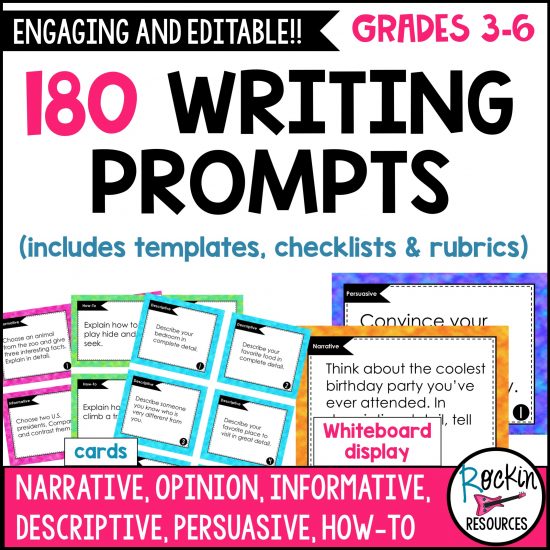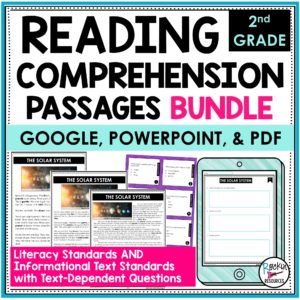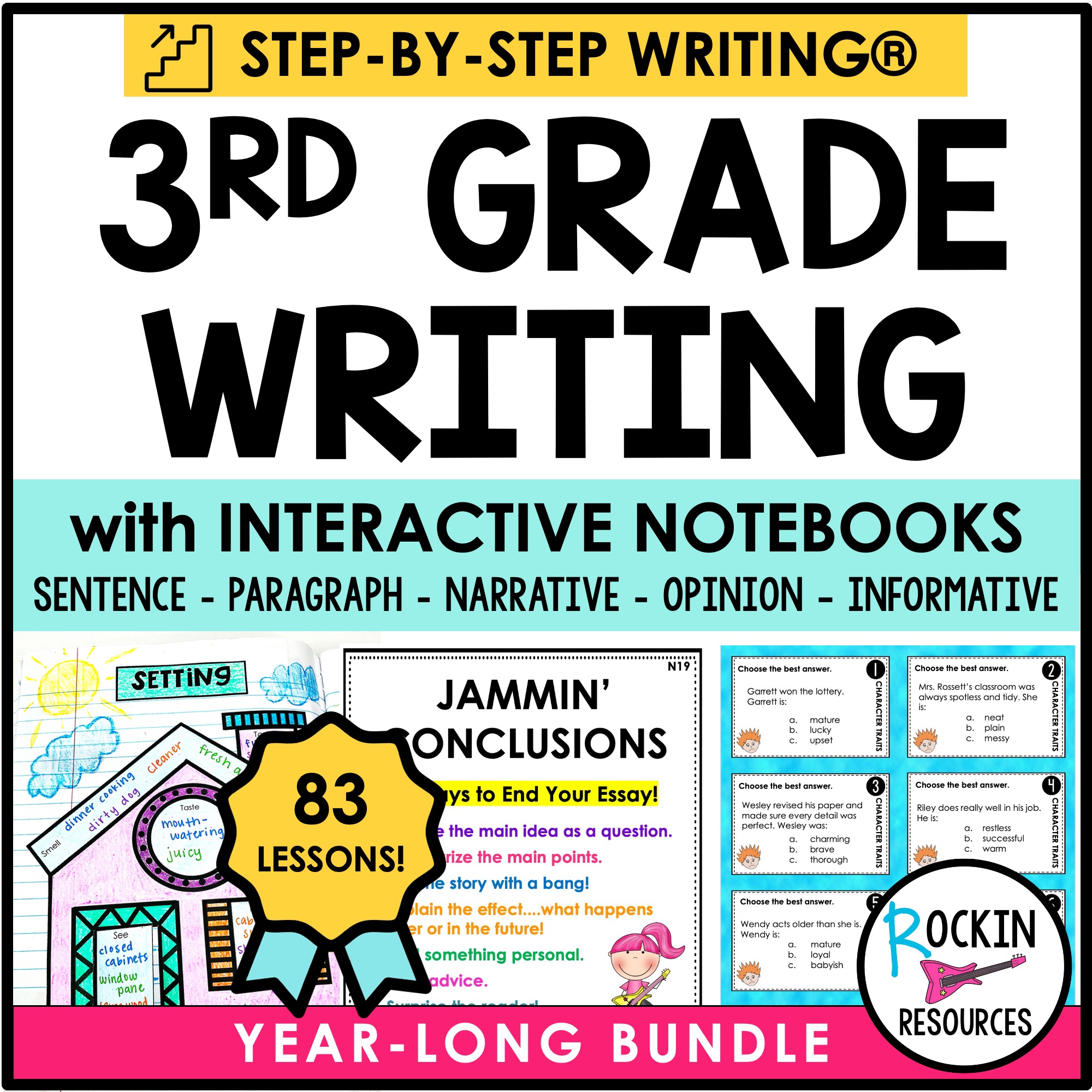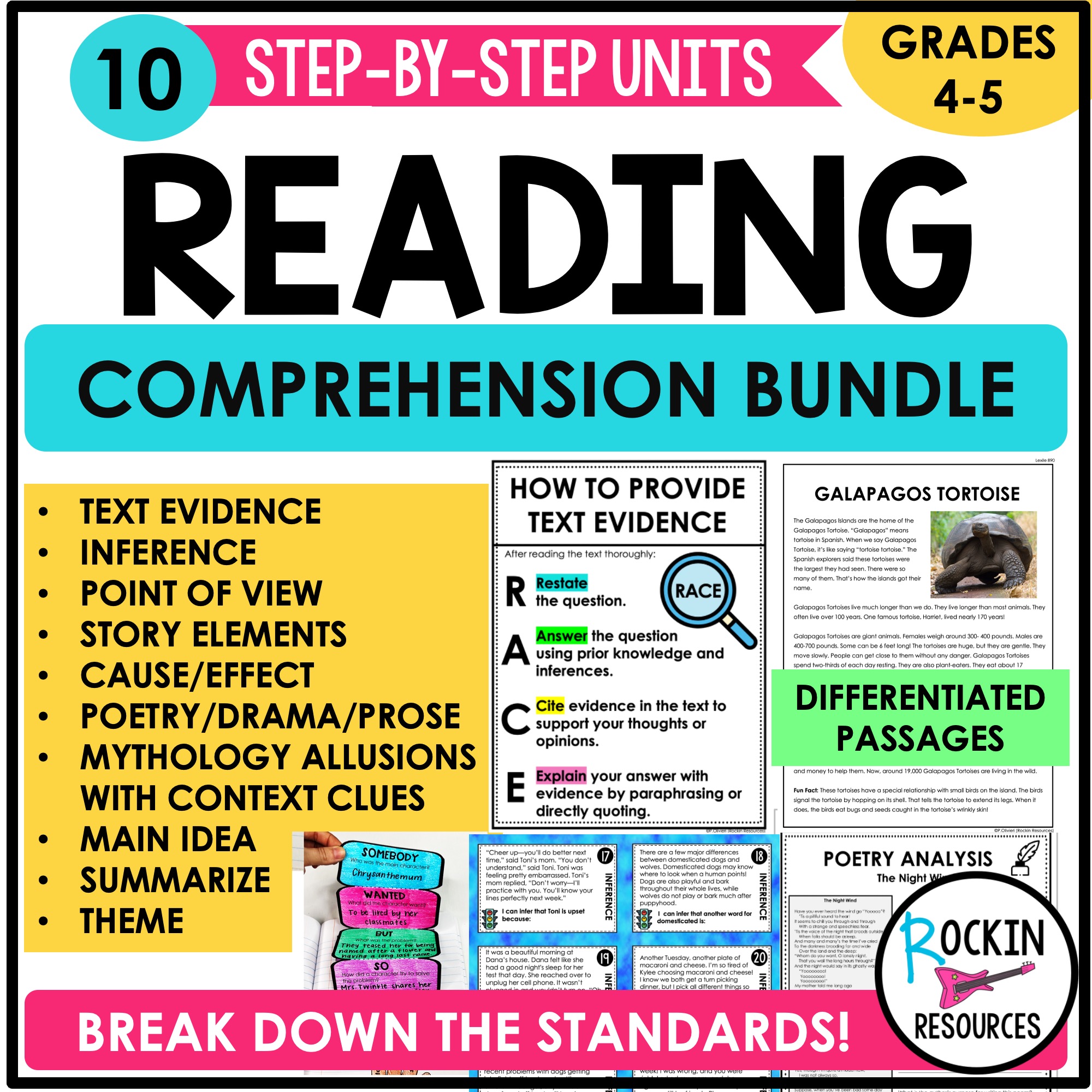Work/life balance has become a hot topic for every profession. It seems adults are losing their ability to leave work at the office and relax. The age of endless email, constant notifications, and being “wired in” is leaving the majority of employees feeling stressed and unable to strike a healthy work/life balance.
With the increasing pressures on teachers, including high-stakes testing, many teachers are feeling overwhelmed and close to burn-out. Yet, they truly love their profession. Here are some pitfalls to avoid and some tips to help you balance personal and work life to avoid feeling overburdened.
Stay organized and file, file, file.
Once you make an awesome resource or create a beautifully worded email about a specific topic, save it. You can tweak it and re-use it. It will save you so many hours of time recreating the wheel. Invest a few hours a month or a few days in the summer to organize and file your resources electronically or in paper format. Make sure you label them with keywords and by subjects so you can find them quickly. You will have solid go-to resources waiting for you for the next school year and it will save you tons of time!
Make prep time prime time.
Too often prep time turns into socializing time. We all need a break with our friends and colleagues, but if it takes the majority of your prep period, then it isn’t productive. You will be piling on more work for after school and weekends, time that should be reserved for non-work pursuits as often as possible. Shut your classroom door or hang a friendly sign that says you’re focusing on work for this time. Make plans to help out colleagues once you’ve accomplished what you need to get done or meet up at lunch. Make sure they know that your prioritizing prep isn’t a sign that you don’t want to spend time with them, it’s just you want to later have some time for yourself.
Balance multi-tasking.
Some tasks in a teacher’s life require intense concentration and others do not. If there is a task that you can do with minimum effort like grading a simple worksheet or sorting out items into supply baskets, put on some audio in the background. Do you have a favorite playlist, a show you streamed, or a podcast that you’ve been trying to get to at home? This may give you some stress-relief in the midst of all the tasks you have to do. If you can get some needed work accomplished while still feeling like you’re getting a little break, it’ll be good for your state of mind. When you have a good state of mind, it reflects in your teaching.
Learn to Say No.
This is the hard one. Teachers are caring and helpful, hard-wired to meet needs. We love to say yes I can help! This is why we have such high levels of stress. We’re trying to take on all of our own tasks for work and home, and we want to help everyone else who asks us. Saying no doesn’t mean you can’t help. Just be aware of how much time you’re leaving for yourself to relax. A stressed-out teacher can’t help anyone. How do you say no? First and foremost, when you are asked to do something, always take time to reflect. Don’t give into your impulse to give an answer right away. Tell them you will check your schedule and get back to them. You decide to only take on a certain number of commitments, or that you will only help on certain days. Carve a block of time that is devoted to saying yes to you and no to everything else. For example, Friday evenings might be your time with a good book followed by family time. Anyone and anything who wants your attention on Friday night politely gets rescheduled. It might seem unrealistic for you to take a weekly break for yourself if you’ve been overcommitting. In that case, start with a monthly break. The last Friday night of each month becomes yours. Does it seem selfish? It shouldn’t, but sometimes we perceive taking time to nurture ourselves as time away from nurturing others. That’s not true, and after a few attempts at saying no and the world keeps on spinning, hopefully you’ll see the value in it.
Streamline forms and plans if applicable.
This may be something that happens more often to new teachers, but it is worth mentioning since it can save you some time and frustration. Does your department head ask for lesson plans in one format, but your subject area lead ask for them in another? There are probably a few instances where time could be saved if you streamline your forms. Check with those who require your lesson plans and ask if you can all agree on one format. If not, make sure you can copy and paste as much as you can from one format to another to save yourself exhaustive rewriting.
Limit notifications.
Do you get work email notifications on your phone? Are you checking work email multiple times during the weekend? Big mistake if you want to leave work at work. 99 times out of 100, a work email on the weekend can wait until Monday. If it was something life-altering, you can bet someone would call or text. A lot of things that you receive won’t be dire, they’ll just be stressful, prompting you to abandon family time and do something work-related instead. More than likely, your district doesn’t expect you to answer emails outside of school hours. Most districts allow teachers 24-48 hours during the week to respond to parents. Immediate responses are not needed to do your job successfully. Stand up for your time at home. Turn off notifications and skip the endless email checking.
Skip fancy presentations and elaborate games.
Skip worrying about creating a high-tech, elaborate presentation or game for every lesson. Yes, they are great and you should make some, but they are not needed for every lesson. You, yourself, can be dynamic and engaging. All you need is your voice, something to write on, and your kids as active participants. Instead of feeling that you must make every engaging activity yourself, use some sites like EdPuzzle, Kahoot, or Nearpod, or play review basketball with a small ball and your trashcan. It’s not that you should never go all out with fancy presentations and games, but don’t make them such a priority that they eat up your evenings and weekends. You need time to unwind and recharge. An energetic teacher with a simple game is way better than a grumpy teacher with a dazzled one.
Don’t take on every task by yourself.
There are some tasks that you can hand off to others. Kids adore being helpful to teachers. Do you need copies distributed, folders checked, or papers collected? It saves a lot of minutes if you have kids helping you out instead of trying to do everything. Delegate when possible. Use a mailcenter to easily distribute papers and copies. Create ways for students to self-check their work when possible. For example, administer the weekly spelling test, then post the word-list in front of your desk. Make sure students use a special “grading marker” so no funny business occurs, and then allow them to grade their own work. This can be done with math and grammar worksheets and other assessments that require a key or multiple choice. While it won’t save you time from grading short answer tests and essays, it will help you get some breathing room. There’s also proof that once students take an interest in their grades and progress, they amp up the effort and want to beat their best scores. You can have them graph their progress if they’re interested. Another idea is do a the “homework walk” instead of checking every paper. Go over homework as a group and while you are going over it with them, walk around the room and you will quickly see who has it finished! Either way, the help will help! 🙂
Gratuitous feedback is not necessary.
Every paper you grade does not need a long, heartfelt comment. Some assignments can be given for completion and practice, and do not need to be rigorously graded. You can invest in some stickers, stamps, or draw stars and smiley faces to convey that your students are doing great work. Save yourself time and energy by commenting extensively when it is required, not simply because you feel obligated to do it often. This leads me to also mention, don’t grade everything! When I first started teaching, I felt like I had to grade everything to make sure I had a true evaluation for each child. I quickly learned that is wasn’t productive or effective.
Be mindful of the amount of work you bring home.
Realistically speaking, you will probably have to bring some work home at some point. Some teachers support the idea of remaining late at work one day a week to get everything done at school, completely separating the work/home environments. This is a great option to achieve balance, if you can do it. If it isn’t feasible, watch how much you bring home. Perhaps set an amount of work time that you will allow yourself at home- two hours on Saturday morning or only math prep on Sundays. Set a timer, turn notifications off, and stay focused! You’ll be amazed at how much you get done!
Don’t worry about other teachers’ classrooms.
You are there for your students. If you are placing stress on yourself and pouring countless hours into your classroom decor just for the sake of pleasing a phantom audience of unseen administrators and “Best Teacher Ever” police, you can pull back. You don’t have to keep up with them. Focus on what your students need and respond well to. In the grand scheme of things, a perfectly decorated room doesn’t matter. If you’re spending so much time on your classroom decor that you’re suffering in the realm of your home life and not to mention $$, ditch the imaginary audience and focus on the people who truly matter- the kids in your classroom and your family at home.
In summary, teacher well-being matters! There is a correlation between the teacher’s emotional and physical state and their students’ progress. If you want to be the best teacher you can be, you’ve got to take care of yourself. This means creating some balance between your work life and your personal life. Here are some ideas for self-care! Self-Care Tips That Support Selfless Teachers
I hope you find your balance!
SEE SIMILAR BLOGS:
SEE RELATED RESOURCES:
-
2nd Grade Reading Comprehension Passages Bundle
Original price was: $41.99.$24.99Current price is: $24.99. -
2nd Grade Step-by-Step Writing® Program
Original price was: $100.44.$70.00Current price is: $70.00. -
3rd Grade Reading Comprehension Passages Bundle
Original price was: $41.99.$24.99Current price is: $24.99. -
3rd Grade Step-by-Step Writing® Program
Original price was: $100.44.$70.00Current price is: $70.00. -
4th Grade Reading Comprehension Passages Bundle | GOOGLE
Original price was: $41.99.$24.99Current price is: $24.99. -
4th Grade Step-by-Step Writing® Program
Original price was: $100.44.$70.00Current price is: $70.00. -
5th Grade Reading Comprehension Passages Bundle
Original price was: $41.99.$19.99Current price is: $19.99. -
5th Grade Step-by-Step Writing® Program
Original price was: $100.44.$70.00Current price is: $70.00. -
INTERACTIVE STEP-BY-STEP® WRITING PROGRAM ULTIMATE BUNDLE
Original price was: $379.00.$189.00Current price is: $189.00. -
Middle School Step-by-Step Writing® Program Grades 6-8
Original price was: $100.44.$70.00Current price is: $70.00. -
Reading Skills Bundle for Reading Comprehension
Original price was: $14.97.$12.00Current price is: $12.00. -
STEP-BY-STEP DIGITAL WRITING PROGRAM FOR MIDDLE SCHOOL
Original price was: $100.44.$70.00Current price is: $70.00. -
Step-by-Step Reading Skills for Reading Comprehension Bundle 1
Original price was: $83.92.$68.99Current price is: $68.99.




























